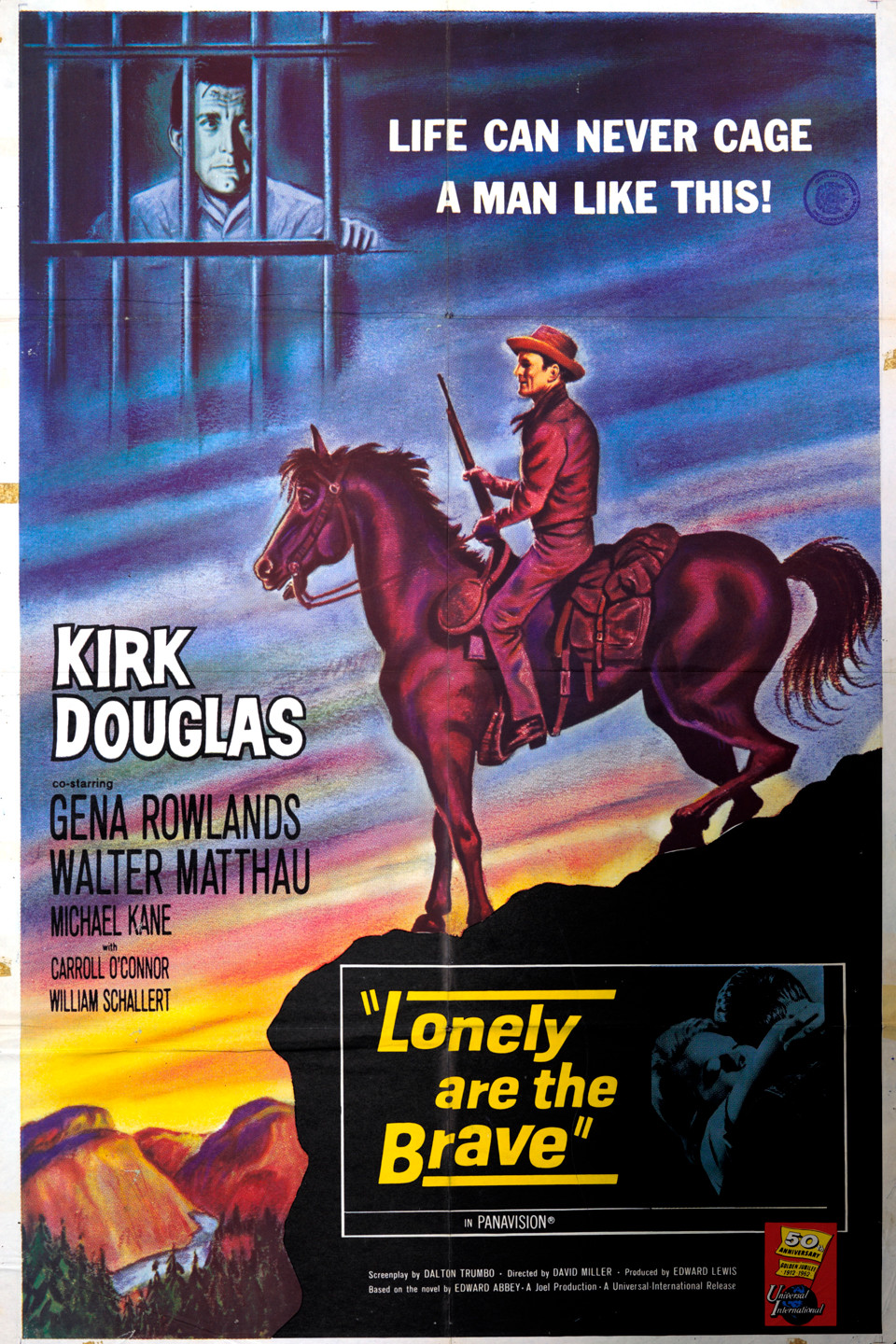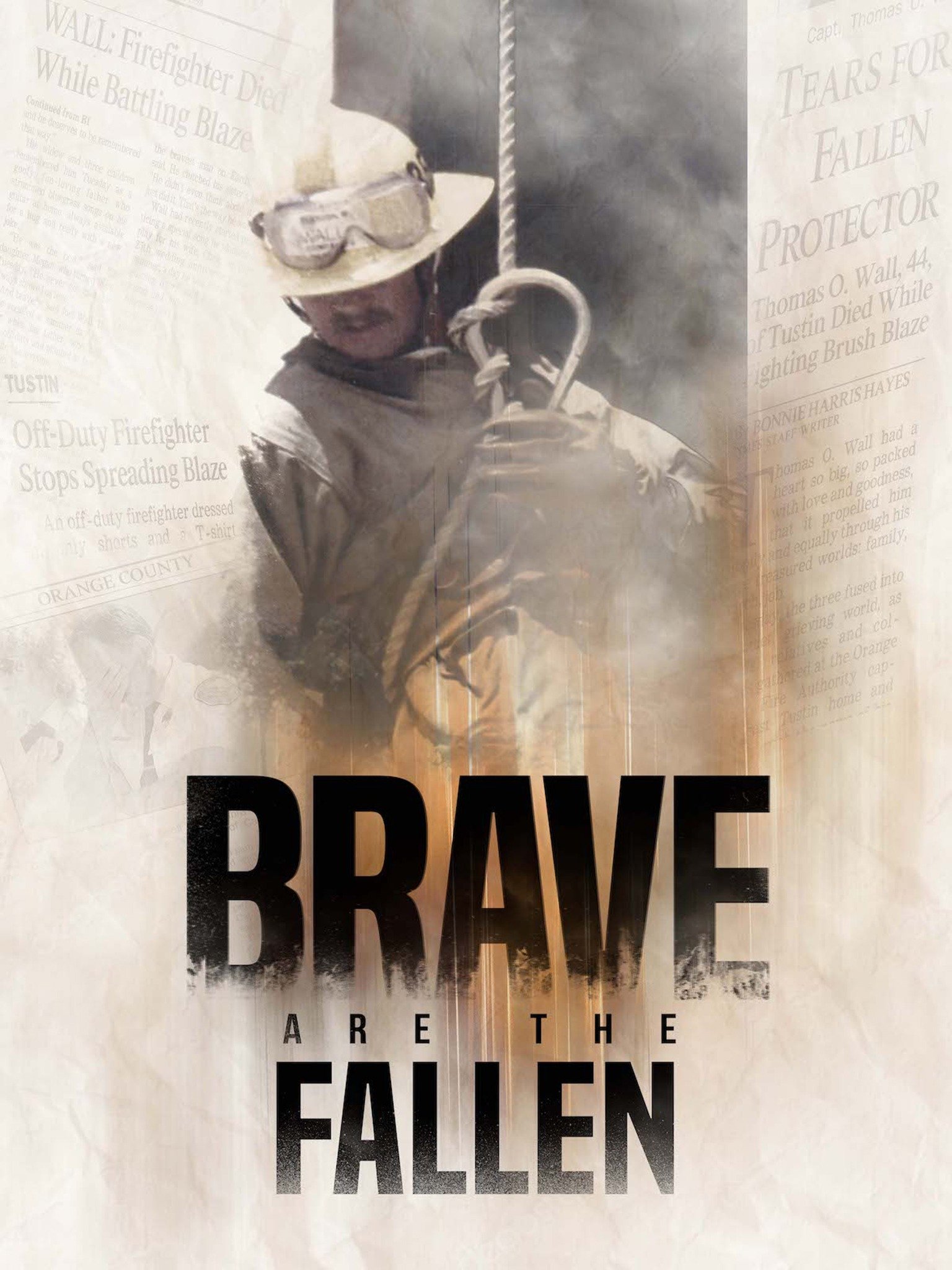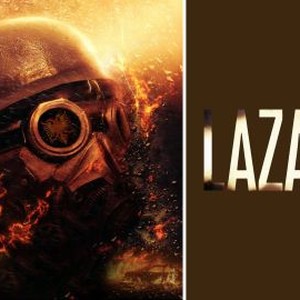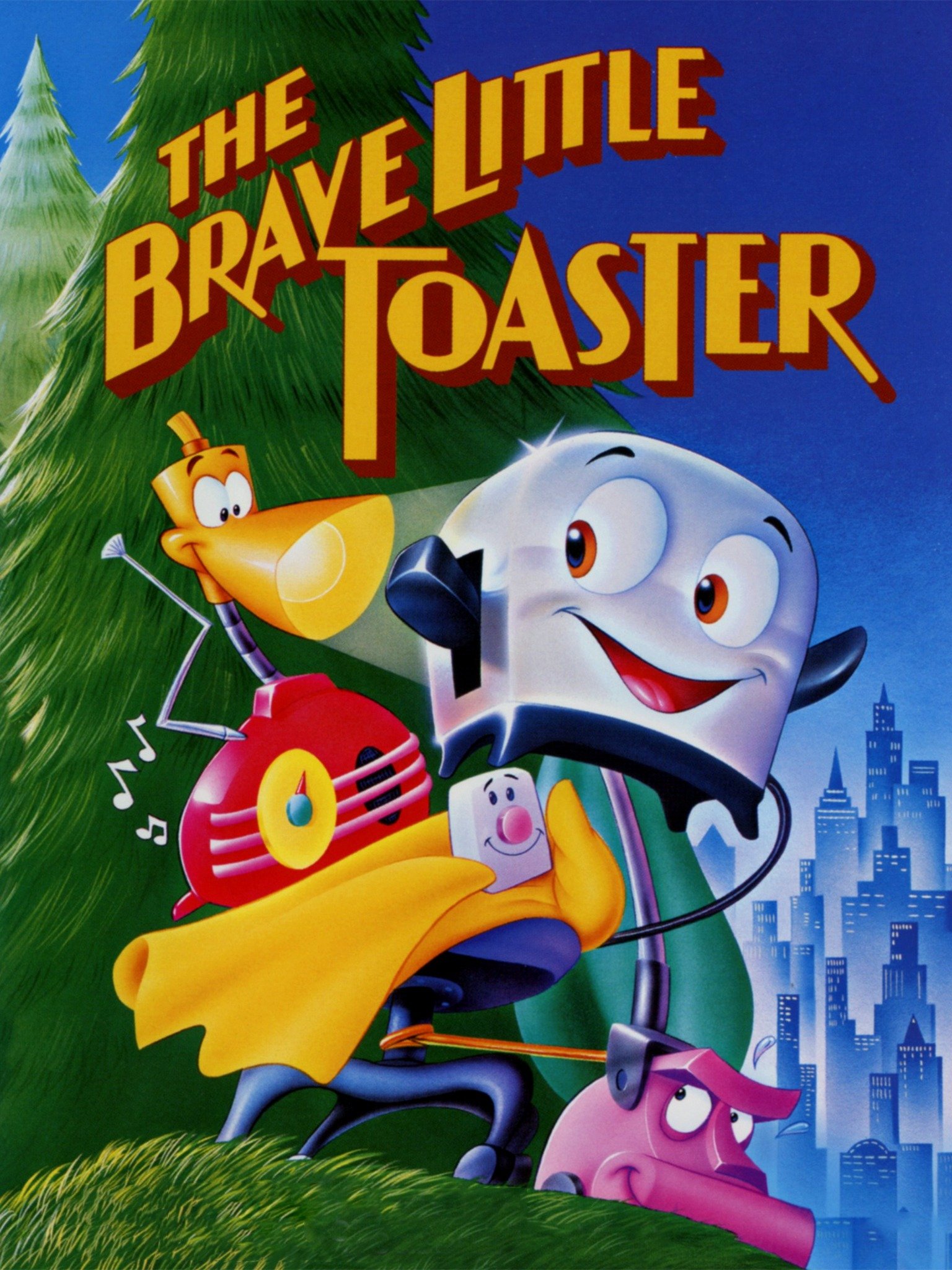

That’s partly because much of the novel is short on incident and long on ideas, effectively climaxing with one character arguing why the dystopia of New London, however awful in its implications, makes sense as the only recourse against humanity’s excesses.

We’re Going to Run Out of TV The Ringer Guide to Streaming in July

Adapting it, on the other hand, proves far trickier. A glossy take on the material filled with TV-MA-friendly amounts of explosive violence and tightly choreographed orgies, it proves that Huxley’s book can be easily mined for concepts and incidents. Instead, it’s coming to us once again as an ongoing series, one of the flagships of Peacock, NBC’s new streaming service (though this Brave New World was developed first for Syfy then for USA before finding its current home). Then, for a few years in the late ’00s, Brave New World seemed likely to become a feature film starring Leonardo DiCaprio and directed by Ridley Scott. (What would have been the four-hour version, running just over three hours without commercials, eventually aired on BBC and is now the easiest cut to find.) The network returned to Huxley’s World State again in 1998, with a TV movie starring Peter Gallagher and Leonard Nimoy. A version of it, anyway-the miniseries had shrunk from six, to four, then finally three hours and been reduced to a TV movie. NBC found out that adapting Brave New World was tricky indeed-and not for the last time.Īfter pulling Brave New World from its schedule several times, NBC finally aired it in March 1980. And perhaps inspired by the Star Wars–stoked interest in all things science fiction, she also commissioned an adaptation of Aldous Huxley’s 1932 dystopian landmark Brave New World-despite it being, as a profile of Barkley described at the time, “a tricky property everyone in Hollywood had been afraid of.” Starring 2001: A Space Odyssey’s Keir Dullea and Harold and Maude’s Bud Cort, it was set to debut in 1979 and run for six hours across several nights.

By 1978, she’d locked down the rights to James Michener’s Centennial, recruited Natalie Wood for a six-part adaptation of From Here to Eternity, and picked up James Clavell’s Shogun for a lavish production destined to become a ratings sensation in 1980. In the back half of the 1970s, when miniseries adaptations like Rich Man, Poor Man and Roots became runaway hits, a great book could make or break a TV career-so the influential NBC producer Deanne Barkley scooped up as many great books as she could.


 0 kommentar(er)
0 kommentar(er)
